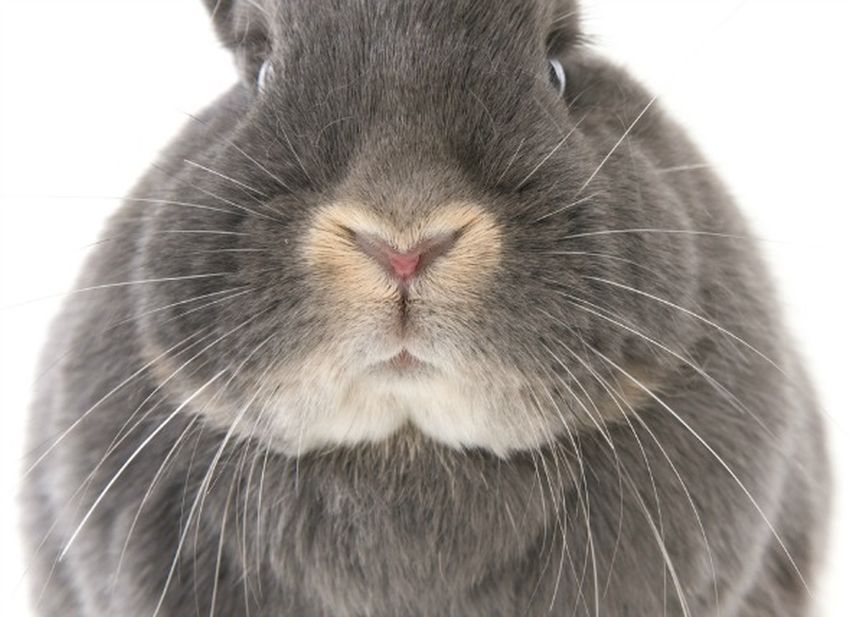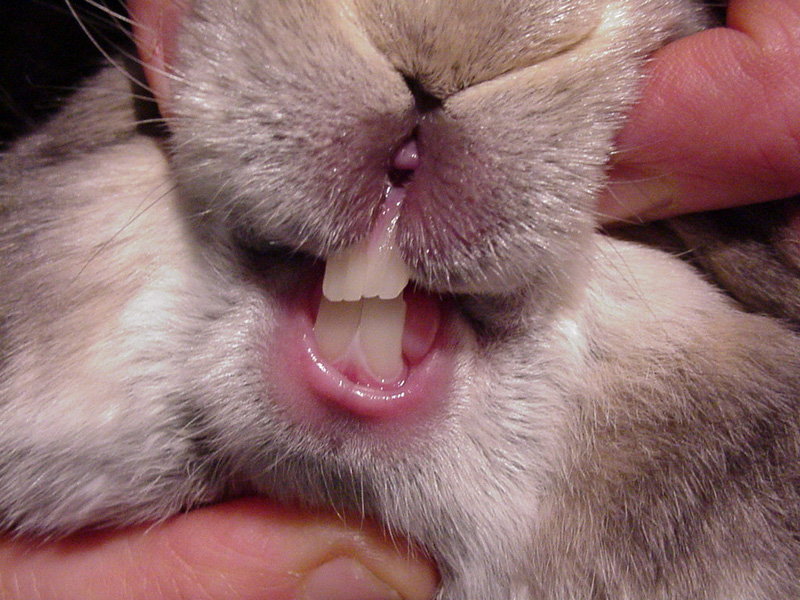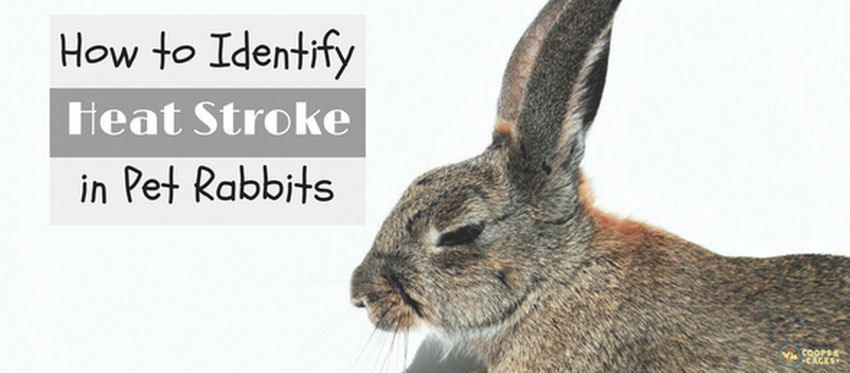
Rabbits are highly sensitive animals which is why it’s very important to take them to the vet regularly. If they get ill, there could be severe consequences to their health. In order to prevent this from happening, you should observe your rabbit on daily basis.
Be wary of the illnesses of your rabbit, and ask your veterinarian to advise you on how to treat them:
GASTROINTESTINAL PROBLEMS

The greatest danger to their health is gastrointestinal problems which can end the life of your rabbit in a painful way. If you notice any of the signs of gastrointestinal problems, take your rabbit to the vet as soon as possible. If your rabbit:
– Can’t eat properly or doesn’t have an appetite
– Can’t pass fecal pellets
– Dehydrates
– Has diarrhea
-Has a large abdomen or hair in fecal pellets
– Has GI obstruction as a consequence of eating carpet or plastic
– Has GI adhesion or obstruction
Make sure to take your rabbit to the vet.
PASTEURELLA INFECTION

Pasteurella infection (also pasteurellosis or “snuffles”) also poses a great danger to your rabbit’s health as it is contagious and can be spread by contact or in the air. This infection spreads in the blood and can also lead to animal’s death. Although it is lethal, the signs of the infection could be easily identified:
– The indication of the tissue inflammation inside the nose and a mucus or nasal discharge of unusual color
– Problems with eyes: Conjunctivitis and tearing, discharge, redness, and hair loss in the eye area
– Difficulties with breathing, especially when it comes to snoring sounds and sneezing
– Pneumonia
– Middle-ear infections and fast eye movements
– Uterine or testicular infections
– Abscesses
– Septicemia
– Discoloration of the front feet (even if there is no indication of any nose issues or nasal discharge, the discolored front feet means Pasteurella Infection.)
DENTAL MALOCCLUSION

If the upper-jaw-teeth of your rabbit is not evenly aligned with the bottom-jaw-teeth, this is a sign of dental malocclusion. Even though the problem doesn’t seem to be serious, it should be carefully treated. If it’s not treated properly, rabbits may refuse to eat and die eventually.
The signs of the dental malocclusion can be easily spotted: weight loss, lack of appetite, drooling. In order to examine their teeth, one requires skill, special equipment and, frequently, sedation.
HEAT STROKE

Rabbits are very sensitive to high temperatures, they tend to overheat if the temperature sore to 80 or 85 degrees F. For this reason, the owners must provide them with shade, fresh water, and ventilation, especially if they are overweight. If the temperatures are high, you should keep your rabbit inside the house.
If the heat stroke occurs, the owners must act quickly because this type of stroke is usually lethal. The rabbit needs to receive a proper treatment: first-aid care, observation, fluids, and corticosteroids.
FOOT SORES
The pain in their feet is not lethal, however, it should be taken care of so as the rabbit wouldn’t suffer. This often happens with overweight rabbits. If you notice that your rabbit’s foot is red, swollen, thickened and that it has difficulty to move or hop, these are obvious signs of foot sores. Usually, it’s only the bottoms of the feet that are endangered. Staphylococcus aureus is the bacteria that causes foot sores. It usually spreads from their feet to tendons and bones, which can often lead to osteomyelitis.
You can protect your rabbit by creating a safe environment for its movement, such as a solid bottom cage floor, by protecting wire mesh floors with some soft material, and by keeping your floors clean.

















